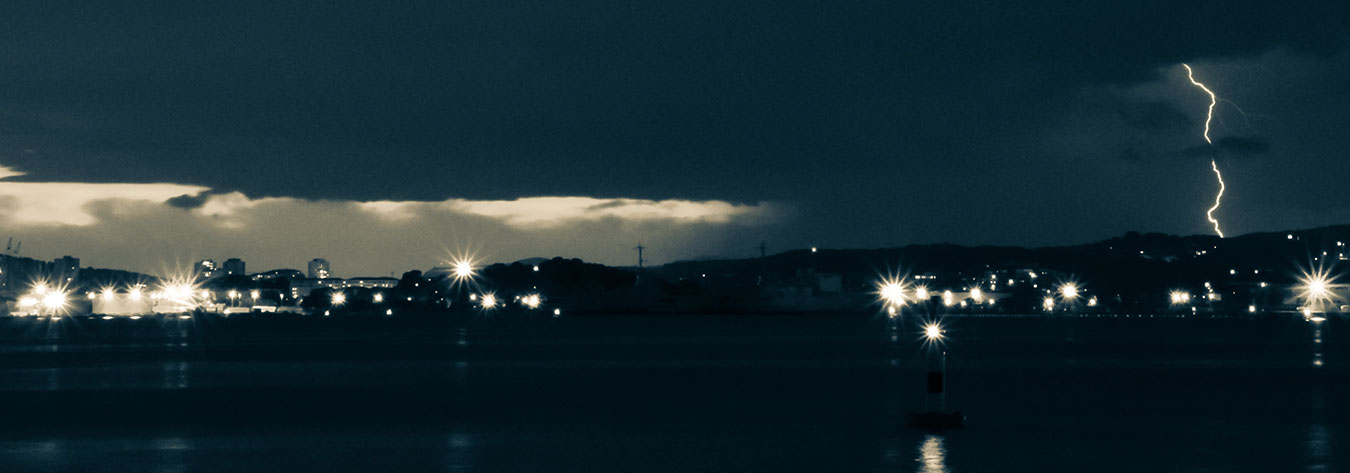In September, parts of the northern Kanto region were hit by torrential rain that caused the Kinugawa River to overflow its banks, flooding large areas of Ibaraki and Tochigi prefectures, and causing widespread damage and loss of life. The cause of the unusually heavy downpours was a concentrated mass of thunderclouds that formed a lengthy and fairly stagnant band of rain.
This phenomenon was also responsible for the devastating floods that hit Hiroshima Prefecture in the summer of 2014 leading to many deaths. Scientists warn that this once-rare condition could become more prevalent as a result of global warming.
Now, Nobuyuki Tsuchiya, a prominent civil engineer and author of the 2014 book Shuto Suibotsu (The capital submerged), has suggested that it is only a matter of time before Tokyo will be hit by floods of the same magnitude. If a band of rain were to cause the Tone and Arakawa rivers to burst their banks, there would be unprecedented damage and fatalities in the capital, he argues.
Though there are still those who deny that climate change is a reality, an increasing number of scientists are beginning to warn that time is running out if we are to save the planet from the perils of global warming. Even the Pope, speaking recently in the United States, has called for action, with a caution that this is not a problem that can be left for future generations.
August 2015 was the world’s hottest month on record. Indeed, the first eight months of this year have seen global records broken, according to the National Centers for Environmental Information, the leading authority in the US. The National Oceanic and Atmospheric Administration concur, adding that global warming is accelerating. These findings are also borne out by the National Aeronautics and Space Administration (NASA) and the Japan Meteorological Agency.
The consensus among experts is that the cause is a combination of man-made climate change, caused by the continued use of fossil fuels, and a strong El Niño—a warming of the Pacific Ocean that alters the weather around the globe for about a year. The consequence is near record-level—and, in some cases, record-breaking—temperatures all over the world. India and Pakistan have experienced killer heat waves this year.
There have also been cases of rising ocean levels, severe flooding in some areas and severe drought in others. California, for example, is caught up in a drought that, so far, has lasted for four years and there are no signs of it breaking. The drought, in turn, has led to an increasing number of severe forest fires that have proved extremely difficult to control.
The effect of climate change on our environment is on the agenda of virtually every meeting of world leaders, no matter what the forum. But it is to be at a December 2015 meeting in Paris—ironically a city recently identified as being very polluted due to high levels of diesel emissions—that those leaders will endeavour to reach an agreement to stop temperatures rising more than two degrees above pre-industrial levels.
Temperatures above that level are considered too high for environmental conditions to be prevented from worsening, while the Paris gathering is thought by some to be very much the last opportunity we have to avoid lasting damage.
There are those, however, who argue it is already too late, with experts pointing out that the pledges countries are making to try and battle global warming by cutting emissions are insufficient to meet the two-degree target. Those same experts suggest that such a failure can result in wide-ranging catastrophes, including food shortages, as well as the extinction of large numbers of plant and animal species.







